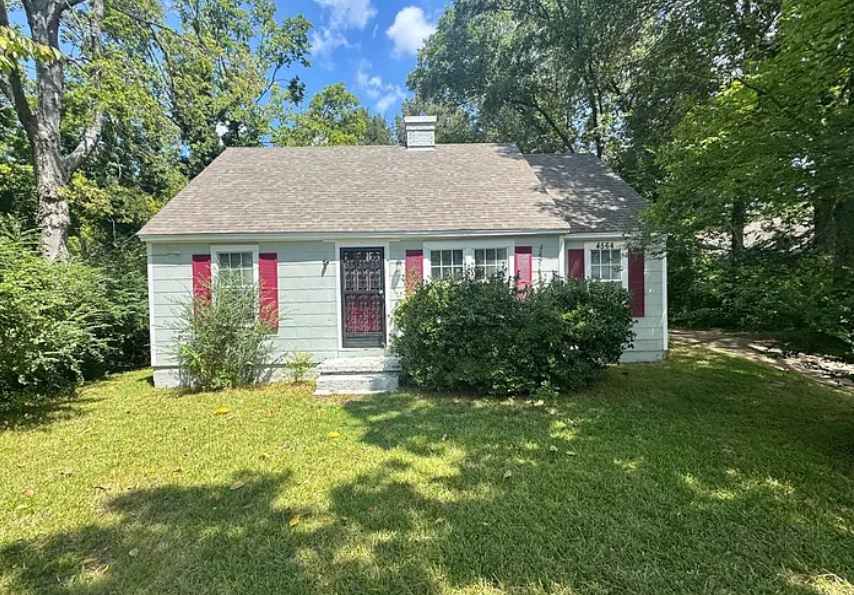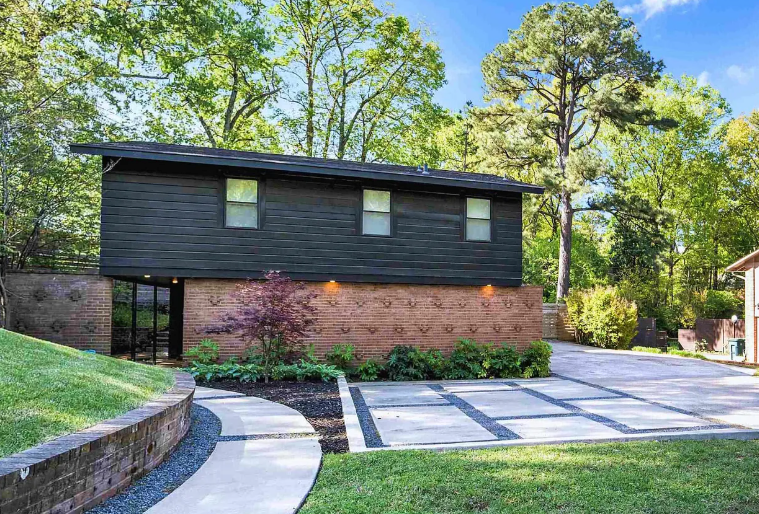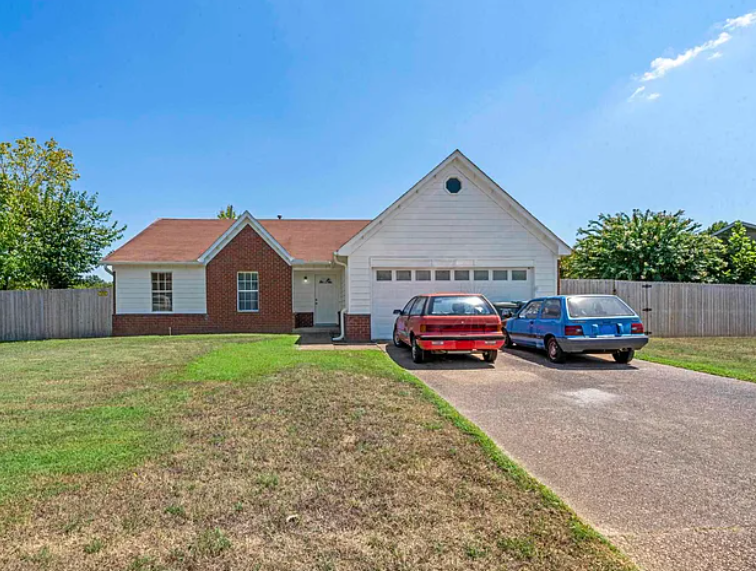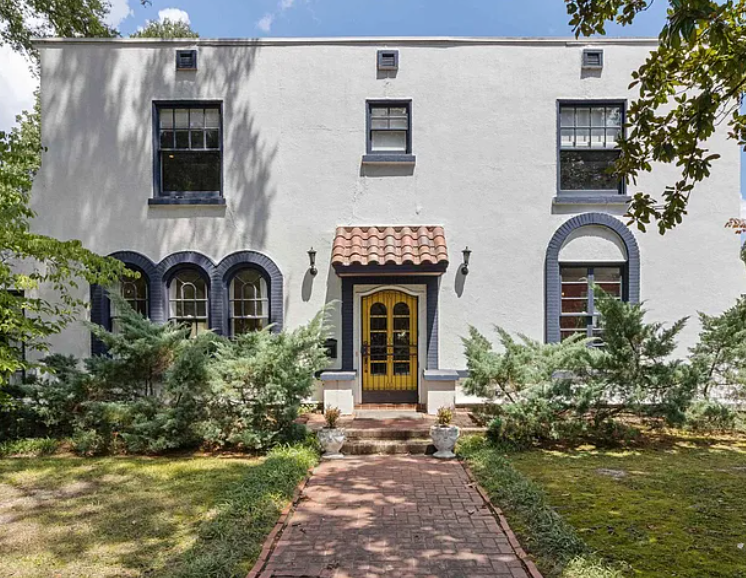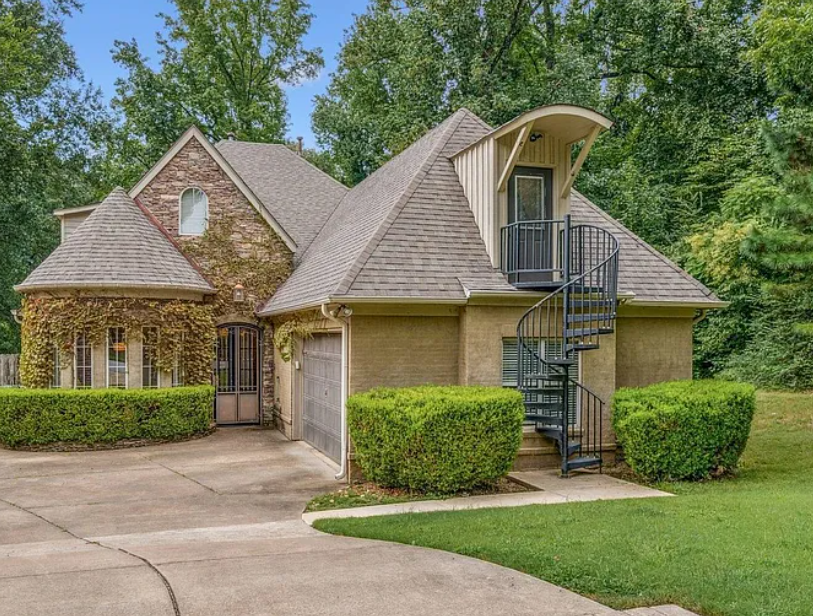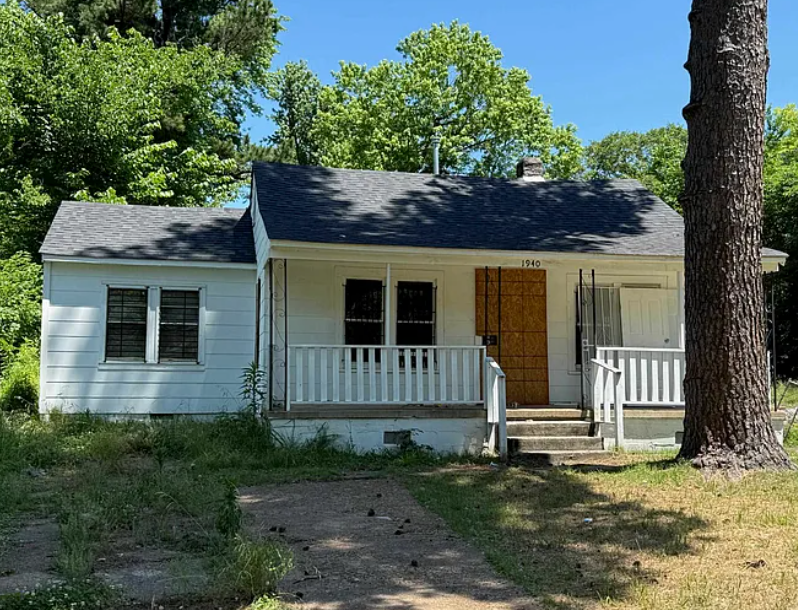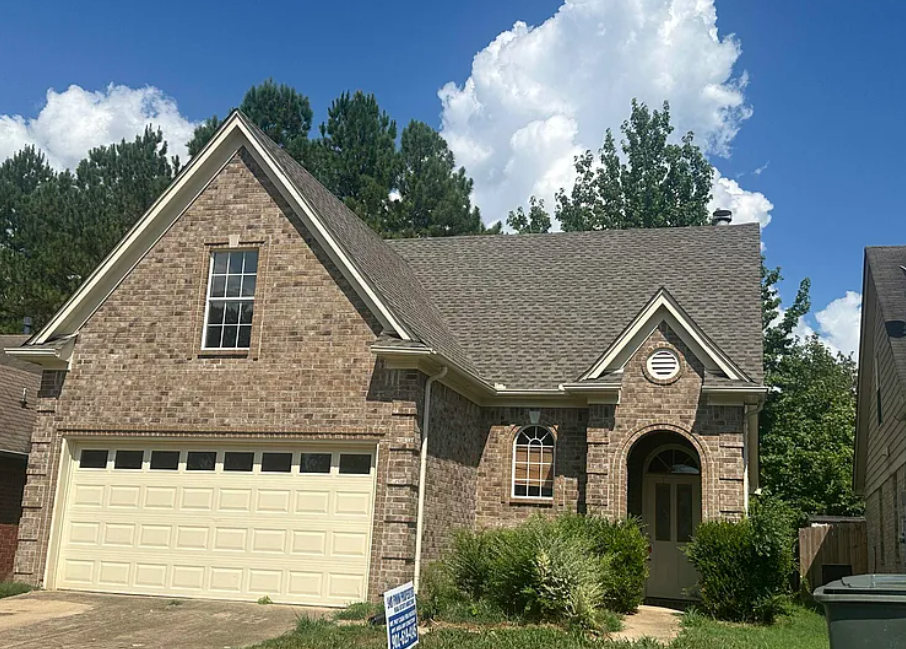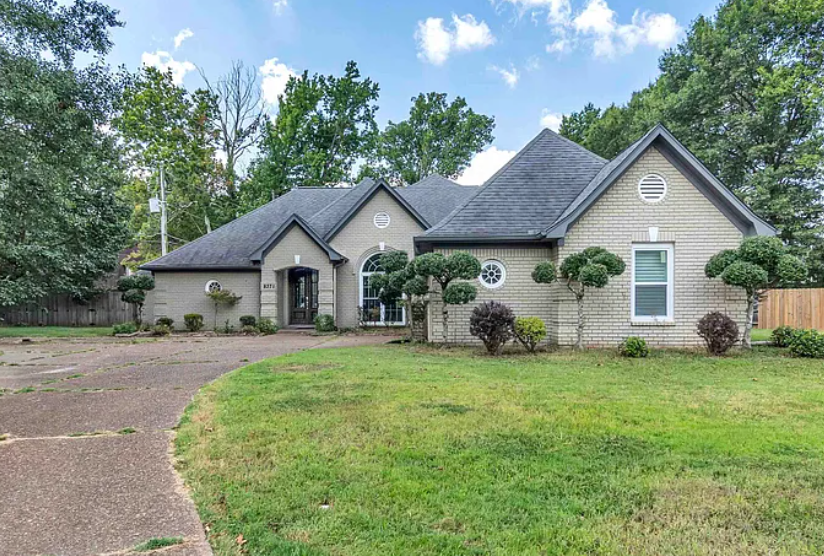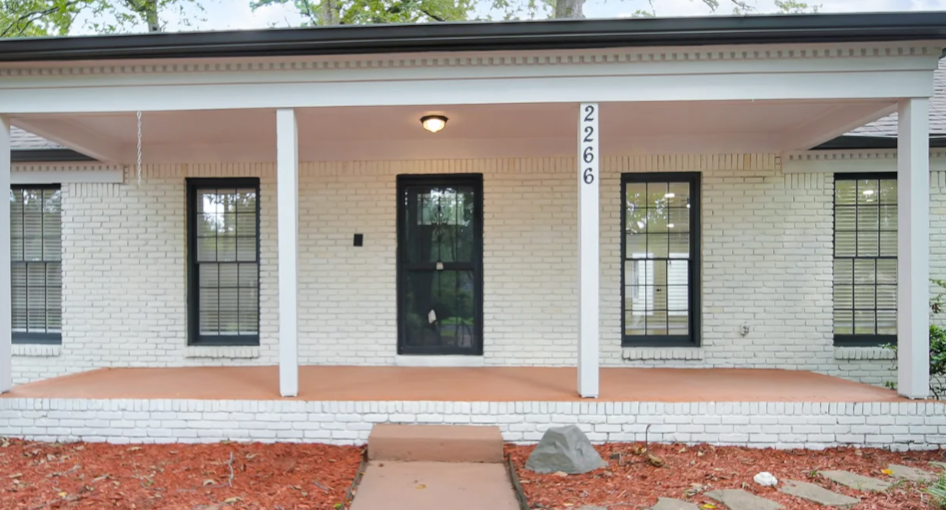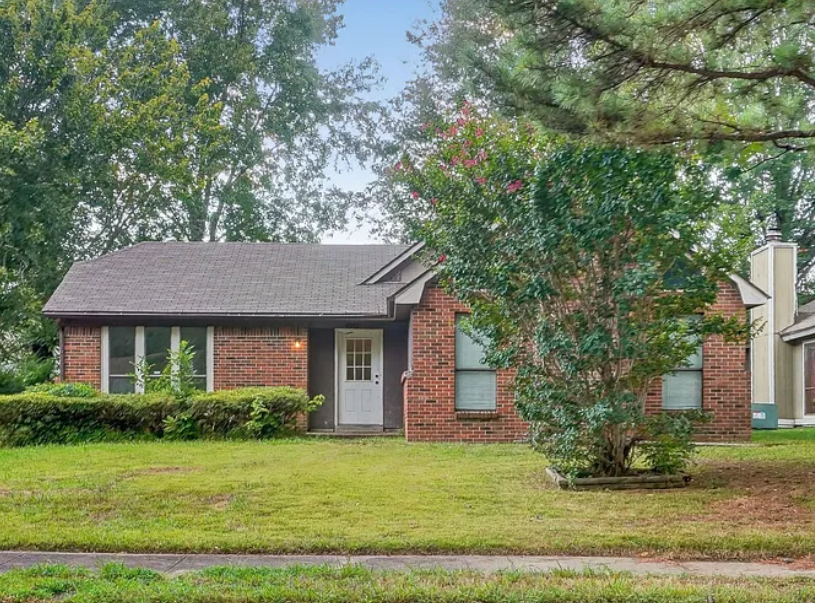Selling My House in Very Poor Condition: Tips for Success
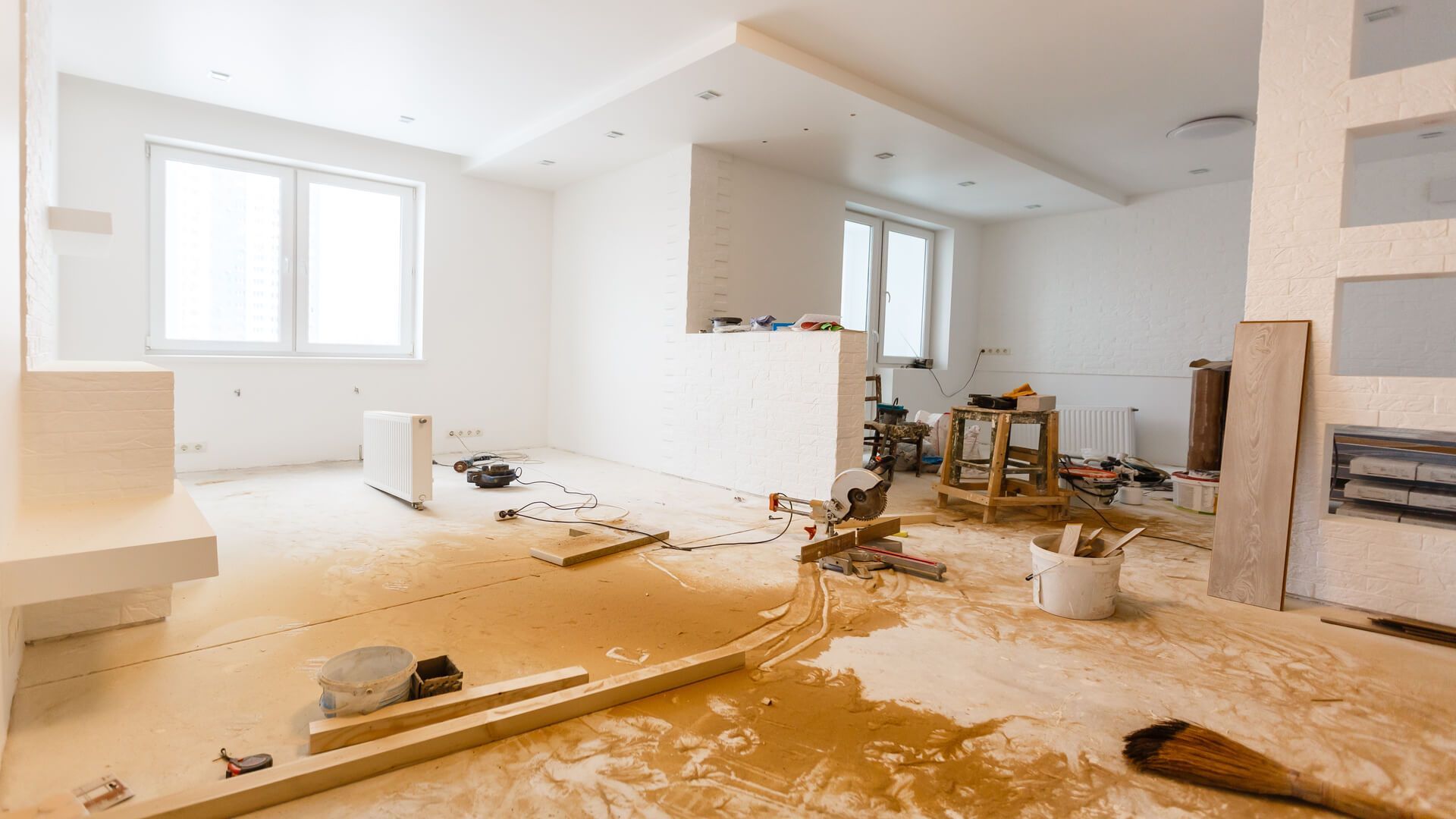
Selling a house can be a challenging task, but trying to sell a house in poor condition can feel downright daunting. If you're looking to sell your house that needs some work, you might be wondering where to start. In this blog, we will guide you through everything you need to know about successfully selling a house in poor condition. We'll start by helping you understand what constitutes a poor condition home and the key issues that come with it. We'll then move on to preparing your home for sale, including deciding on repairs and pricing strategies. We'll also discuss marketing strategies and finding the right buyer for your property. Finally, we'll talk about successful negotiation tactics and address common buyer concerns. By the end of this post, you will have all the information you need to successfully sell your house in poor condition.
Understanding the State of Your House
Assessing the current condition of your house is crucial when selling it in very poor condition. Start by evaluating the functionality and structural integrity of your home. Look for any safety concerns or major repairs that may be needed. It's also important to consider the potential impact on your home's value. Understanding the local real estate market and its effect on selling a poorly conditioned house can help you navigate the process more effectively. By taking these steps, you can better understand the state of your house and make informed decisions for a successful sale.
Identifying Issues with Houses in Poor Condition
When selling a house in very poor condition, it's important to identify key issues that potential buyers may be concerned about. Start by looking for signs of structural damage or foundation issues, as these can significantly impact the home's value. Check for leaking roofs or plumbing problems, which can lead to further damage if not addressed. Evaluate the condition of flooring, fixtures, and appliances, as they may require repairs or replacements. It's also crucial to identify any mold or other health hazards that could pose a risk to potential buyers. Assessing the overall impact of the poor condition on buyers is essential for pricing the house appropriately and ensuring a successful sale.
Evaluating the Damage and Repairs Required
When evaluating the extent of damage and repairs required for a house in very poor condition, it's important to determine the scale of repairs needed. Consider whether the repairs are minor, major, or extensive. This will help you gauge the cost and timeline required for the necessary repairs. Additionally, evaluate the potential return on investment (ROI) for these repairs and how they will impact the listing price. Ultimately, you'll need to decide whether selling the house as-is or making repairs is the best option for you. It's essential to approach this evaluation with a clear understanding of the current condition of your home and the market dynamics surrounding the sale.
What Constitutes a House in Poor Condition?
A house in poor condition typically requires extensive repairs, has outdated interiors and design features, and may have external damages and neglected exteriors. Structural problems and safety concerns are also common. Understanding the condition of your home is crucial when selling.
Structural Problems and Safety Concerns
Assessing the structural integrity of your home is crucial when selling a property in poor condition. Look for signs of foundation issues or structural damage, such as cracks in the walls or sagging floors. It's also important to identify safety hazards, like faulty wiring or unstable stairs, as these can significantly impact the potential buyers' interest and the home's value. By addressing these structural problems and safety concerns, you can increase the chances of selling your house at a higher price and attract more buyers in the competitive real estate market.
External Damages and Neglected Exteriors
When selling a house in very poor condition, it's essential to assess the state of your home's exterior, including the siding and roofing. Look for signs of damage or neglect, such as peeling paint or a leaky roof. Remember, the external appearance of your house plays a significant role in curb appeal and potential buyers' first impression. Take into consideration how external damages can affect the sale of a poorly conditioned house. Depending on the severity of the damages, you may need to decide whether repairs or cosmetic improvements are necessary to attract buyers and potentially secure a higher price.
Preparation for Selling a House in Poor Condition
Before listing your house in poor condition, it's important to take some preparatory steps. Start by identifying the areas of your home that require attention. Determine if major or minor repairs are necessary and consider the impact these repairs will have on your home's market value. You'll also need to decide if disclosing the poor condition is necessary. It's crucial to understand the steps involved in preparing your poorly conditioned house for sale. By taking these steps, you can ensure that your home is ready to attract potential buyers and command a fair price in the market.
Identifying Areas Requiring Attention
When preparing to sell a house in very poor condition, it is important to identify the areas that require attention. Assess each room for necessary repairs or improvements, looking for visible damage or wear and tear. Evaluate the functionality and appeal of each space, prioritizing repairs based on potential buyer interest. By identifying areas that could make a big difference in selling success, you can focus on addressing the most crucial aspects of the property. This will help improve its appeal and increase the chances of selling at a higher price.
Deciding on Repairs: Major, Minor or None at all?
When selling a house in poor condition, it's crucial to assess the extent of damage and current condition. Determine if major repairs are necessary or if cosmetic fixes will suffice. Consider the cost and time commitment of repairs before deciding if selling as-is with concessions is a viable option. Understand how repairs can impact prospective buyers and the overall value of the home.
How to Price a House in Poor Condition?
Determining the price of a house in poor condition requires careful consideration. Research recent sales to gauge fair market value. Account for major repairs and upgrades. Take into account the home's current condition, functionality, and potential buyer concerns. Seek guidance from a real estate agent for pricing advice in poor condition.
Researching Similar Properties
When pricing your house, it's important to research similar properties that are in a very poor condition. Analyze the list price and final sale price of these properties to get an idea of their value. Take into consideration the location and neighborhood as well, as these factors can greatly impact prices. Evaluate the specific features and condition of the properties to determine how yours compares. This research can serve as a starting point for pricing your house, helping you to set a competitive price in the market.
Accounting for Repair Costs
When selling a house in very poor condition, it is important to account for repair and renovation costs. Assess the cost of major repairs such as foundation issues or a leaky roof, as these can significantly impact the selling price. Calculate the expense of minor repairs and cosmetic fixes, as well as their potential impact on the home's value. Consider the perception of potential buyers regarding the condition of the home, as their perception may affect their willingness to pay a higher price. Additionally, factor in current market conditions and the cost of home improvements to determine how these costs will ultimately impact the final selling price.
Should You Fix Your House Before Selling It?
Considering whether or not to fix your house before selling it? Evaluate repair costs versus potential price increase. Prioritize safety and functionality repairs. Seek professional advice for highest return on investment. Cosmetic fixes can significantly improve appearance. Selling as-is with adjusted price may be a viable option.
Low-cost Fixes for Instant Property Lift
To instantly improve the appearance of your property, focus on cleaning, decluttering, and staging. Consider painting the walls with neutral colors to create a fresh and appealing look. Updating fixtures, such as lighting and hardware, can add a touch of modernity. If the flooring is worn out, consider replacing it or opting for cost-effective alternatives like carpet tiles. Enhancing curb appeal is crucial – tidy up the exterior, mow the lawn, and add potted plants. These low-cost fixes can help lift your property's presentation and potentially attract higher showings and a better price.
Marketing Strategies for a House in Poor Condition
To effectively market a house in poor condition, it's crucial to emphasize its potential despite its current state. Highlight the investment opportunities for buyers who are willing to renovate the property and turn it into their dream home. Use high-quality photos and compelling descriptions to showcase the home's best features and capture the attention of potential buyers. Consider utilizing virtual tours or videos to give buyers a more immersive experience and a better sense of the property's potential. Expand your reach by utilizing social media and online platforms to connect with a wider audience.
Highlighting Opportunities rather than Flaws
When selling a house in very poor condition, it's crucial to shift the focus from its flaws to the potential for improvement and customization. Emphasize the value of investing in the property, highlighting the possibility of higher returns. Showcase any existing features that are in good condition to attract buyers. Position the house as a blank canvas, where buyers can create their personalized dream home. By highlighting improvement opportunities, you can appeal to buyers who are looking for a project and position the property as a valuable investment.
Finding the Right Buyer
When selling your house in very poor condition, it's important to find the right buyer who understands the unique challenges and opportunities of such a property. Consider reaching out to cash buyers or real estate investors who specialize in purchasing houses in bad condition. Evaluate the pros and cons of selling the property "as is" versus making repairs, taking into account factors such as time, cost, and the potential impact on the home's value. Explore whether there is a market for buyers specifically interested in poor condition houses. Additionally, you may want to consider selling to an iBuyer for a quick and hassle-free sale. Consult with a real estate agent who can help you identify potential buyers interested in properties in poor condition.
Selling to Cash Buyers or Real Estate Investors
When selling a house in very poor condition, it can be worth considering cash buyers or real estate investors as potential buyers. Cash buyers are often more willing to purchase a house in poor condition, as they may see the potential for higher returns on their investment. Investors, in particular, are looking for fixer-upper properties that they can renovate and resell. Selling to cash buyers can also result in a faster and more streamlined closing process, which can be advantageous when dealing with a property in such bad condition. Additionally, cash buyers may be more flexible on price due to the potential for a higher return on investment. To find these buyers, consider reaching out to local real estate investor groups or connecting with real estate agents who specialize in investment properties.
The Pros and Cons of Selling 'As is'
Selling 'as is' presents both advantages and disadvantages for homeowners with properties in very poor condition. On the positive side, selling 'as is' can save time and money on costly repairs and renovations. This approach may attract flippers or buyers seeking low-cost projects. However, it's important to consider that potential buyers may request extensive repairs or concessions due to the poor condition of the house. Additionally, selling 'as is' may have an impact on the final sale price and the overall value of the property. To make an informed decision, it's advisable to consult with a real estate agent who can provide guidance on the pros and cons of this approach.
Investors To Contact When Selling a House in Poor Condition
When selling a house in poor condition, it's essential to reach out to the right investors who specialize in distressed properties. Consider real estate wholesalers who have experience dealing with houses in very poor condition. Home flippers are another group of investors who can potentially be interested in purchasing and renovating houses in poor condition. Additionally, explore the option of selling to real estate investors who buy houses as-is, as they may be more open to buying a house in bad condition. You can also consider contacting companies that offer quick cash offers for properties in any condition. Lastly, research local real estate investment groups or associations for potential buyers who may be interested in purchasing a house in poor condition.
Real Estate Wholesalers
Real estate wholesalers play a crucial role when it comes to selling a house in very poor condition. These professionals can connect you with potential buyers who are specifically interested in purchasing distressed properties. With their extensive network of investors, real estate wholesalers can help you find the right buyer for your home. They have the experience and knowledge to negotiate on your behalf and facilitate the sales process. Contacting multiple wholesalers will allow you to explore all available options and find the best deal for your property. Their expertise in dealing with truly poor condition homes can provide valuable guidance throughout the selling process.
Home Flippers
If you're looking to sell your house in very poor condition, consider reaching out to home flippers. Home flippers are experienced investors who buy houses in poor condition, renovate them, and then resell them for a profit. They are often interested in purchasing houses as-is, which means you can avoid the burden of repairs. Selling to a home flipper can result in a quick sale and potentially save you a lot of work. Research local home flipping companies or individuals to find potential buyers who can offer you a fair price for your truly poor condition property.
Addressing Buyer Concerns
When selling a house in very poor condition, it's important to anticipate potential concerns that buyers may have. Be prepared to address these concerns during negotiations by providing responses and evidence that showcase the potential of the property. Highlighting the good bones of the home can help ease buyer worries and make them more open to negotiation. Consider offering a home warranty or other incentives to alleviate buyer concerns. Being open to negotiating on price or repairs can help reach a mutually beneficial agreement. By addressing buyer concerns effectively, you can increase the chances of a successful sale.
Transparency about Property Condition
To successfully sell your house in very poor condition, it's crucial to be transparent about the property's condition and pricing. Disclose all issues and problems upfront to potential buyers, providing accurate and detailed information about its poor state. Be honest about the pricing, considering the extensive repairs needed. Transparent communication builds trust and reduces the chances of negotiations falling through. It's important to set realistic expectations about the property's value based on its current condition. By being open and transparent, you can attract serious buyers who understand the challenges and are willing to invest in the necessary repairs.
How to Find Common Ground with Potential Buyers without Compromising?
Showcasing the property's potential despite its poor condition can help find common ground with buyers. Emphasize the opportunity for customization and renovations to suit their preferences. Consider offering concessions or incentives to offset repair costs, and negotiate terms that allow buyers to complete repairs after the sale. Highlight positive aspects like location and neighborhood.
What does structure condition poor mean?
Structural condition poor refers to significant issues with the foundation, roofing, or key elements of the house. It can include visible signs like cracked walls or sagging floors. This affects functionality and safety, making buyers hesitant. Consult a professional inspector to assess severity of structural problems.
Frequently Asked Questions
What makes a house harder to sell?
Houses in poor condition or with significant damage, as well as those located in undesirable neighborhoods, can be harder to sell. Additionally, overpricing the property compared to similar listings and having limited amenities or outdated features can make selling more challenging.
What does structure condition poor mean?
Poor structure condition refers to significant deterioration of a house's foundation, walls, roof, or other structural elements. Signs may include cracks, sagging floors, or water damage. It's important to disclose these issues to potential buyers and adjust the price accordingly. Consult with a professional inspector or contractor before listing the property.
Conclusion
Selling a house in poor condition can be a challenging task, but with the right approach, it is possible to achieve success. It is important to understand the state of your house and identify key issues that need to be addressed. Evaluating the extent of damage and repairs required will help you determine the best course of action. When pricing your house, research similar properties and account for repair and renovation costs. Consider whether to fix your house before selling it or sell it as-is. Highlight improvement opportunities in your marketing strategy and find the right buyer for your property. Successful negotiation requires transparency and finding common ground with potential buyers. Remember, with the right strategy and the assistance of real estate wholesalers or home flippers, you can successfully sell a house in poor condition.
Request Your Offer Now
